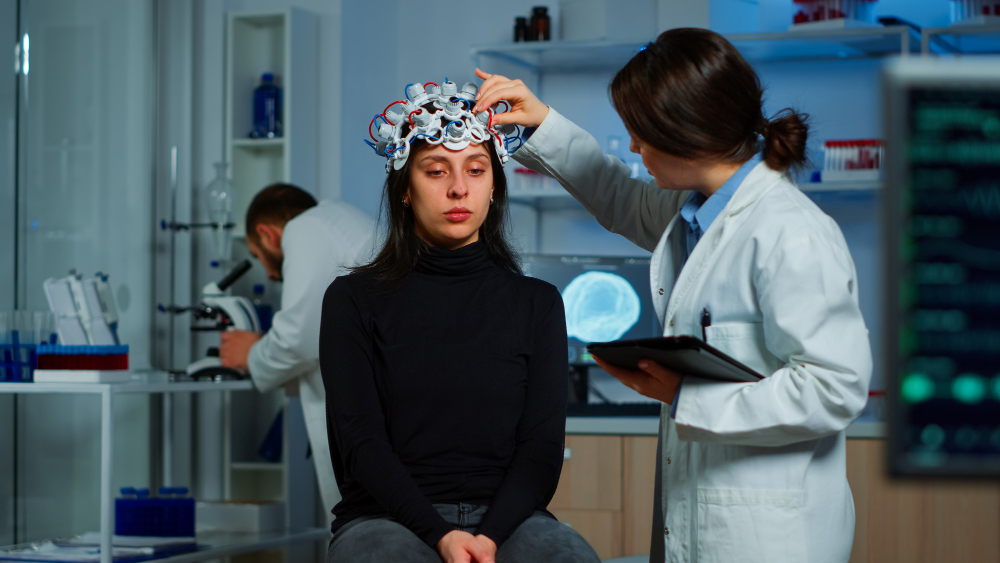What is a Migraine?
A migraine is more than just a headache—it’s a complex neurological condition that affects millions of people worldwide. Characterized by intense, throbbing pain, migraines often come with symptoms like nausea, sensitivity to light and sound, and, in some cases, visual disturbances known as auras.
Common Migraine Triggers
Migraines can be triggered by a variety of factors, including:
- Stress: Emotional or physical stress can contribute to migraine attacks.
- Dietary Factors: Foods like chocolate, aged cheese, processed meats, and artificial sweeteners may trigger migraines.
- Hormonal Changes: Many women experience migraines linked to menstrual cycles due to fluctuations in estrogen levels.
- Sleep Patterns: Too much or too little sleep can trigger migraines.
- Weather Changes: Sudden shifts in temperature, humidity, or barometric pressure can be problematic for migraine sufferers.
Treatment Options for Migraine Relief
There is no cure for migraines, but several treatment options can help manage the condition.
1. Medications
- Over-the-Counter (OTC) Pain Relievers: Acetaminophen, ibuprofen, and aspirin may help in mild cases.
- Prescription Medications: Triptans (like sumatriptan and rizatriptan) help relieve migraine symptoms by affecting serotonin levels in the brain.
- CGRP Inhibitors: A newer class of migraine treatments that work by blocking calcitonin gene-related peptide (CGRP), a protein involved in migraine attacks.
2. Lifestyle Modifications
- Keeping a Migraine Diary: Tracking triggers can help identify patterns and avoid known causes.
- Managing Stress: Practices such as meditation, deep breathing, and yoga may reduce migraine frequency.
- Healthy Diet & Hydration: Eating balanced meals and drinking plenty of water can prevent dehydration-induced headaches.
3. Alternative and Preventive Therapies
- Botox Injections: Approved for chronic migraine prevention.
- Acupuncture: Some studies suggest acupuncture may help reduce migraine frequency.
- Magnesium Supplements: Magnesium deficiency has been linked to migraines, and supplementation may be beneficial.
Final Thoughts
Migraines are a complex and often debilitating condition, but with proper management, many sufferers can reduce their frequency and severity. Whether through medication, lifestyle changes, or alternative therapies, finding the right approach is key to living a migraine-free life.





